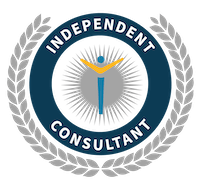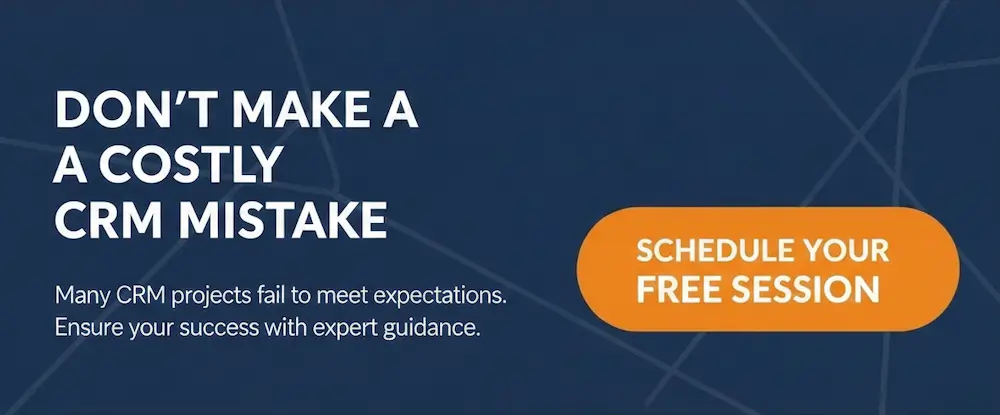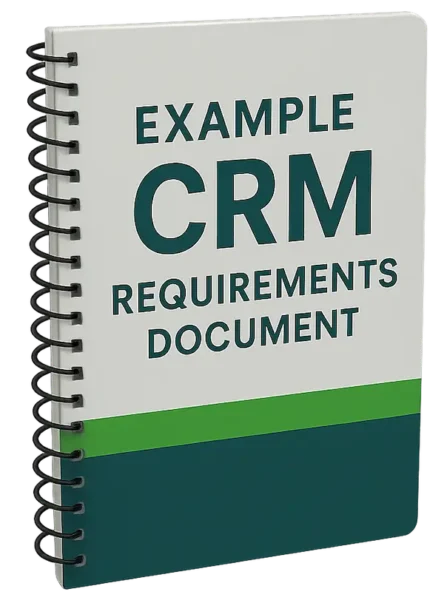Does your company need a CRM Usage Policy? The answer is unequivocally ‘Yes.’
Unless you operate as a small entity where daily close-knit interactions are the norm, a CRM Usage policy can save you from many headaches.
Video Overview generated with NotebookLM, which occasionally makes stuff up.
The Outcomes You Want to Avoid
When implementing a Customer Relationship Management (CRM) system, certain pitfalls can undermine its effectiveness and the quality of the customer data it holds. These include:
- A free-for-all approach where everyone uses the CRM when and how they want, leading to chaotic aggregation of customer data and interactions.
- Adopting CRM becomes elective, compromising data integrity and rendering CRM reports and dashboards unreliable.
- An expectation is that all users somehow intuitively understand correct system usage without formal guidance.
- The inability to hold people accountable for good and complete information in the CRM
Facilitate Desired Outcomes
Implementing a CRM usage policy is instrumental in achieving critical organizational objectives. This approach enhances operational efficiency and data integrity through the following principles:
Consistency: Ensuring that what you seek in the CRM is always findable and accurate.
Reliability: Guaranteeing that reports are comprehensive and trustworthy.
Clarity: Providing clear guidelines on what needs to be logged, tracked, and updated.
Adoption: Ensuring complete and thorough data input.
Compliance: Maintaining system use for its intended purposes only and preventing misuse.
Ownership: Clearly defining responsibilities and ownership of data and processes.
What Constitutes a CRM Usage Policy?
A usage policy serves as a foundation for managing interactions and data related to customers, outlining clear guidelines and standards for its usage.
This policy encompasses various aspects:
General Philosophy: Outlining expectations for CRM content and the rationale behind it.
Accounts: Defining requirements for recording information about competitors, partners, and customers.
Contacts: Mandating the inclusion of specific details like titles and emails to aid targeted marketing efforts.
Communication Tracking: Establishing expectations for logging communications.
Meeting Tracking: Requiring that customer meetings are documented with detailed call logs.
Roles and Responsibilities: Clarifying duties and accountability within the CRM framework.
Opportunities: Defining what qualifies as an opportunity, the criteria for considering an opportunity lost, and approval requirements for specific opportunity types.
Data Ownership and Confidentiality: Ensuring that sensitive information is handled appropriately.
Restrictions: Setting boundaries on personal use and prohibited actions.
Prohibited Content: Outlining what should never be stored within the CRM, such as inappropriate language or sensitive personal data.
CRM Usage Policy vs Acceptable Use Policy (AUP)
While an Acceptable Use Policy (AUP), such as the vendor HubSpot’s, provides broad guidelines on the appropriate use of company systems, including prohibitions against transmitting malware, engaging in harassment, or infringing intellectual property rights, a CRM Usage Policy is specifically designed to detail proper CRM utilization.
Including the rationale within your policy to foster understanding and adherence to established standards is recommended.
Where do I start?
CRM Switch offers a complimentary CRM Usage Policy Template, serving as an excellent foundation for developing a customized policy that aligns with your organization’s unique needs and expectations.
This template outlines essential topics and can be customized to fit your specific operational context.
Developing clear expectations with a CRM Usage Policy can be a crucial success factor in your change management effort.
Keep it straightforward—everyone should get what’s expected and how it’s essential to make the CRM a valuable resource for all. Clarity not only aids in understanding and adherence but also accountability.



